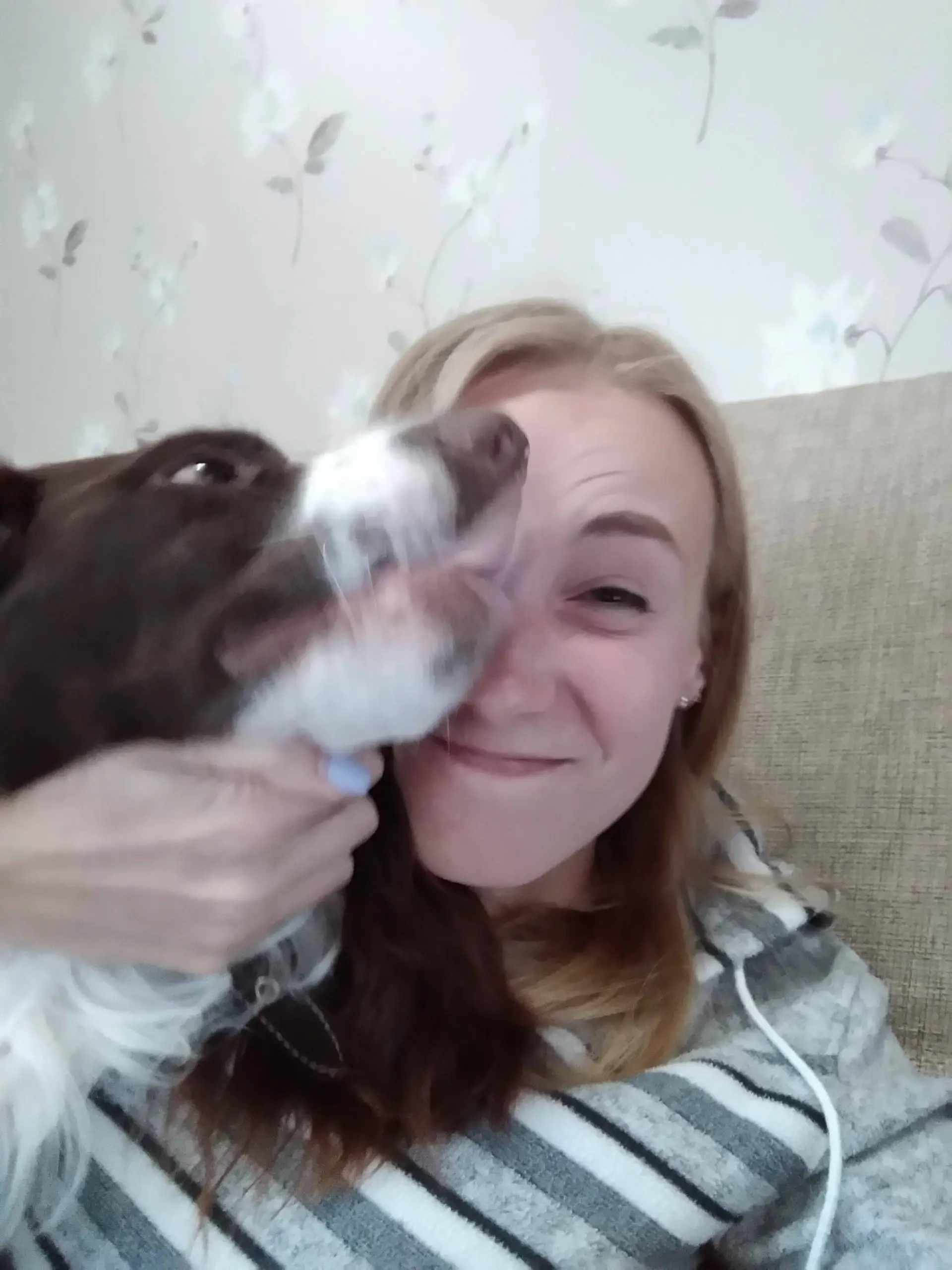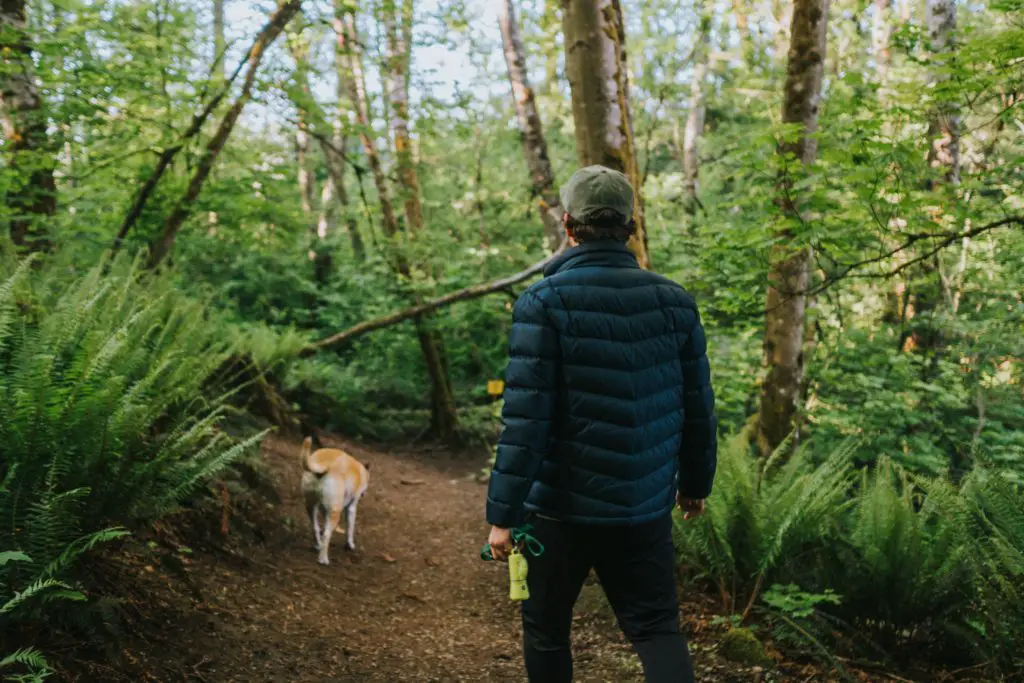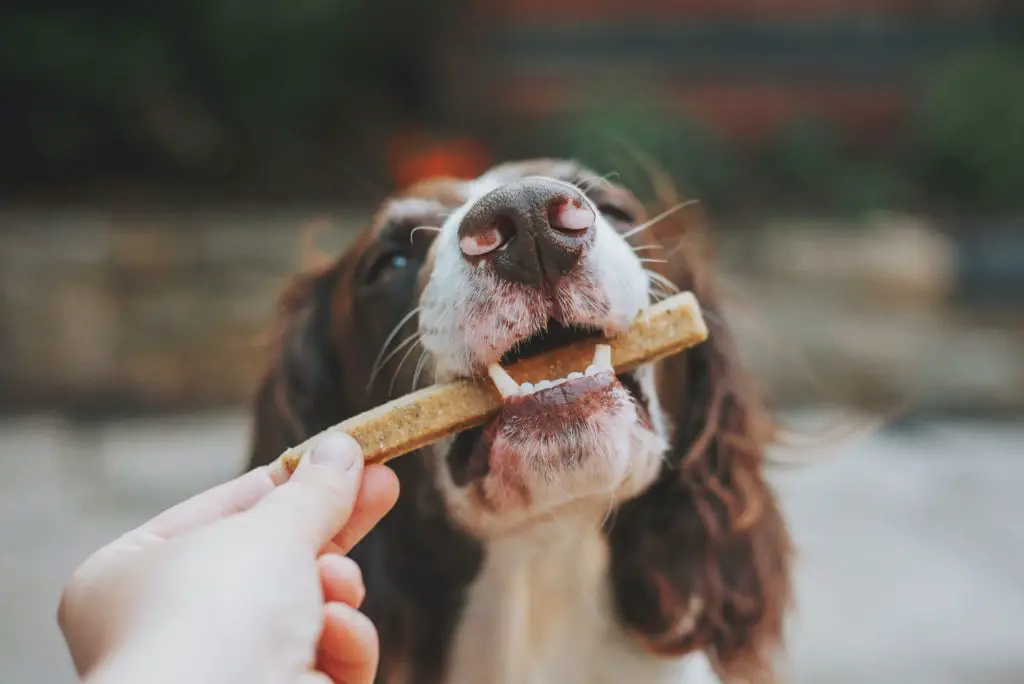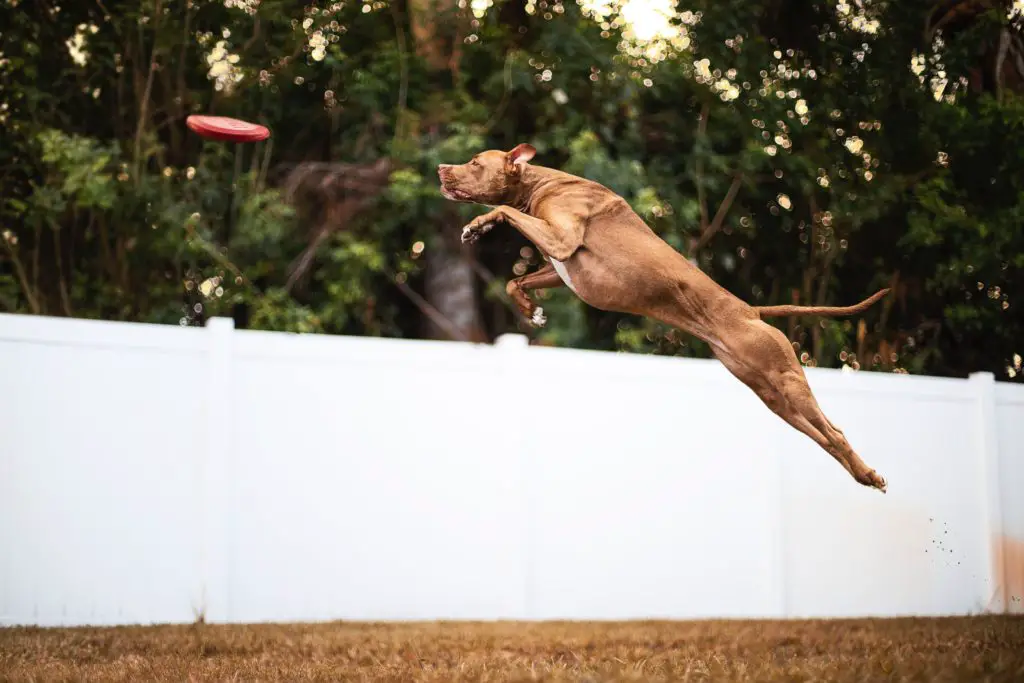It is a natural reaction for dogs to sniff out fun playthings during a walk in the woods. You might think that a pine cone would be a simple toy for them to chew on or play fetch with, but are they safe enough?
Are Pine Cones Poisonous To Dogs? Pine cones are dangerous toys because while they aren’t toxic as needles, they do pose a choking hazard. It isn’t worth the risk. It is best to prevent your dog from going near pine cones and teach them to leave them alone from an early age.
So today we are going to tell you all about dogs and pine tree comes, how to spot your dog from eating them, and what to do if your dog did eat a pine tree cone, so let’s dig in.
Can Dogs Eat Pine Cones?
The short answer here is no. You should not let your dog eat pine cones or even chew on them because there are health risks involved. A lot of pine items contain toxins and while pine cones are safer, they are still a choking hazard. Train your dog to avoid pine cones where possible and seek medical help if you have any concerns about them eating a pine cone.
Are Pine Cones Poisonous to Dogs in the UK?
Pine cones are not poisonous so there is no risk of toxicity if your dog were to eat one. However, there is a risk of toxicity from pine needles. Where you find one, you are sure to find the other. Therefore, it is important to have a plan in place to deal with both pine cones and pine needles and to stop your pet from ingesting either of them.
Are Pine Cones Dangerous?
While these pine cones may not be poisonous, they are still a hazard for our pets. Dogs can chew on them and swallow pieces, which can become lodged in the throat and turn into a choking risk. There is also the risk of dogs accidentally swallowing smaller pine cones whole.
Even if the small pieces of pine cone were to make it to the stomach without any choking, there is still the risk of an upset stomach and gastric distress. The blockages could become a problem and lead to constipation. The risk is more considerable when dealing with smaller breeds. A toy breed, like a little Yorkie or Pug, is more at risk of choking on these fragments than a larger breed.
Can Dogs Chew on Pinewood?
The best approach when it comes to pine-based items is to avoid them altogether. Wood isn’t that safe for dogs anyway. There are risks of branches and pieces of bark splintering because of the construction of the materials. It is easy to break apart and softer than it appears.
Pinewood splinters can become a choking hazard or lodge in the mouth, leading to infections. There are also cases of dogs receiving injuries and impalements after owners have thrown sticks for them. A bigger problem with pine wood is that there are natural toxins in pine oil. In small doses, there isn’t a big risk to larger dogs. Smaller breeds may be more at risk.
What to Do If Your Dog Ate a Pine Cone
It is better to be safe than sorry and contact your vet for further advice. Make sure to tell them exactly what has happened, with as much information as possible about how much pine cone the dog ingested, when, and if there is a risk of them having eaten pine needles. Pay close attention to your dog’s behavior and any signs of ill-health. Small pieces of pine cones may not have a negative effect, with no clear need for medical intervention.
However, signs of discomfort in the throat, difficulty eating, vomiting, and pain around the stomach area could occur. Take your dog in for treatment if this occurs. Your vet can perform an X-ray for a closer idea of the size of the pine cone and where it is in the body. If it looks like it will pass with ease, and the dog is otherwise well, there may not be any need for invasive medical intervention.
The other important thing to do is to stay calm if you see your dog swallow any pine cone. If you panic around them, they will panic and they could put themselves at further risk. Also, resist the urge to try and get your dog to bring up the pine cone, as this could cause more damage.
How to Stop Dogs from Eating Pine Cones
There are different approaches that you can take to stop dogs from eating pine cones. They are:
- training dogs not to pick up items off the ground
- using a deterrent to make pine cones and wood less appealing
- removing pine cones and needles from your property
- ensuring consistency with all family members.
The first step is training dogs to leave things that they find on the ground. Teaching the “leave it” command early on should be enough to stop them from going near a pine cone. But this isn’t going to work if your dog goes on ahead in the woods and comes across a pine one without you noticing.
So, also try and train your dog not to chew on anything that looks like a pine cone or other wooden items with a deterrent spray. The sooner they learn that this doesn’t taste nice, the less likely they are to go for these items out in the countryside.
It is also worth mentioning that if you happen to have fir trees on your property, it is your responsibility to remove the pine cones and needles from the ground before your pet starts sniffing around them.
Also, make sure that your family is on board with this. The last thing that you need is the kids throwing pine cones for dogs and treating them like fun toys.
Some guides also talk about the possibility of using a muzzle of a dog when outside in a worst-case scenario. But, this seems unnecessarily restrictive for the dog when training and greater effort on your part can work better. They may feel as though they are being punished for something beyond their control.
Conclusion
Today we did our best to cover all the topics connected with the pine tree cones and dogs. The general advice will be to keep your dog away from the pine tree cones as much as you can. If you caught your dog chewing on one, don’t panic, one cone will hardly hurt your dog. But if it is a reoccurring habit, make sure you eradicate it before your dog gets in trouble.

My name is Katie, and I have had different pets at home for as long as I can remember. While I can definitely say I love all animals in general, my heart belongs to cats and dogs. I know you are supposed to choose one or the other, but I could never really decide. I’ve also owned hamsters and fish when I was a kid, and they filled my childhood with very delightful memories.




